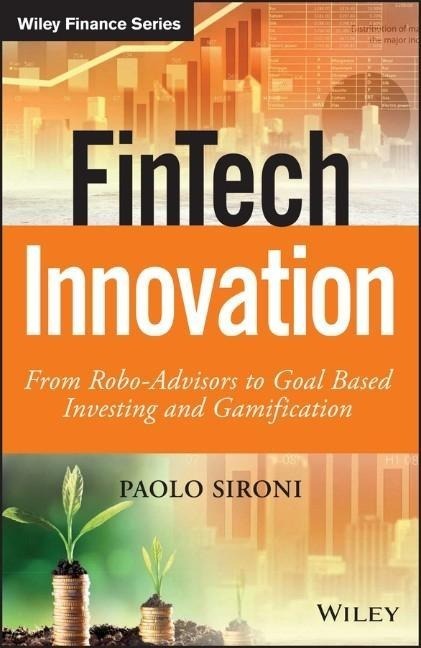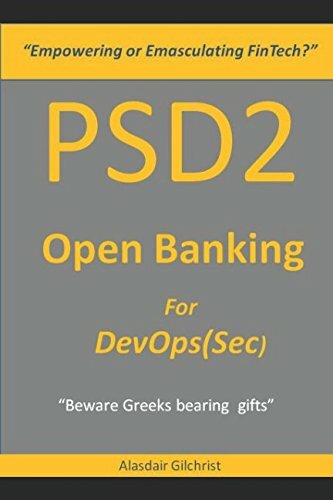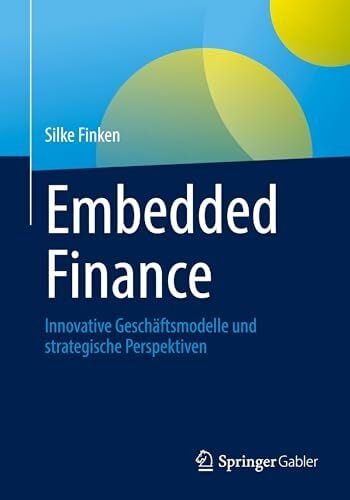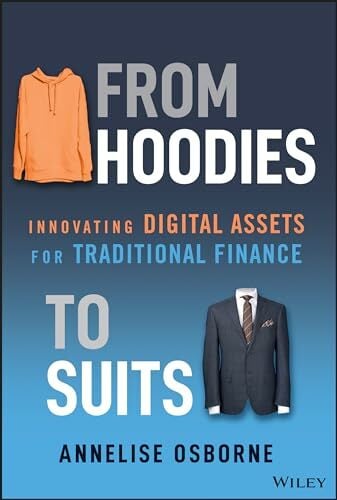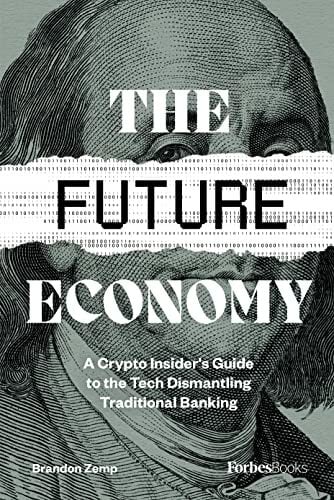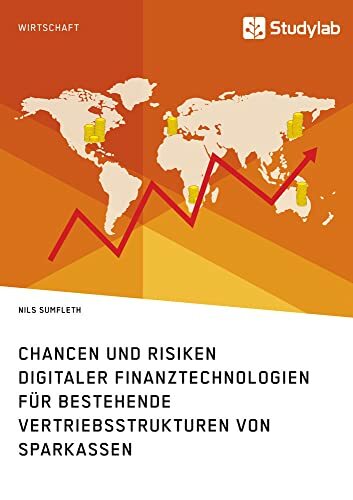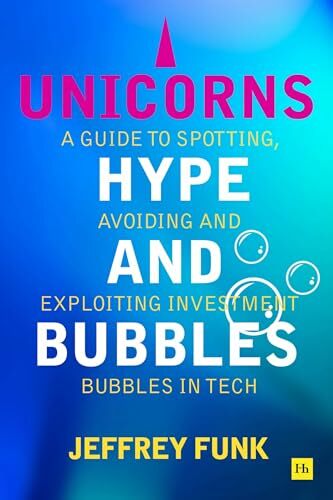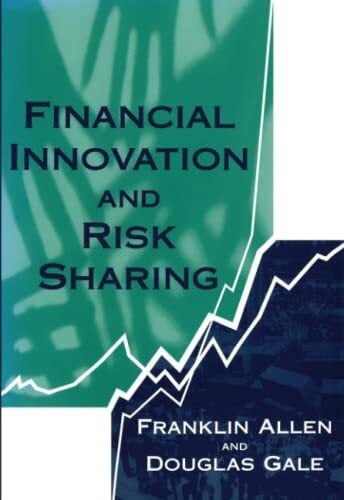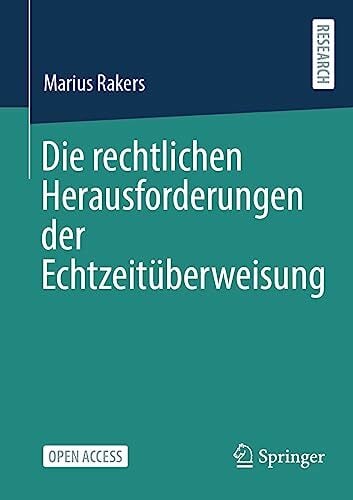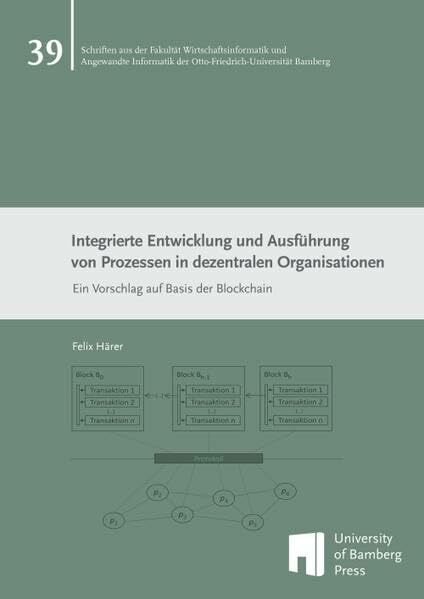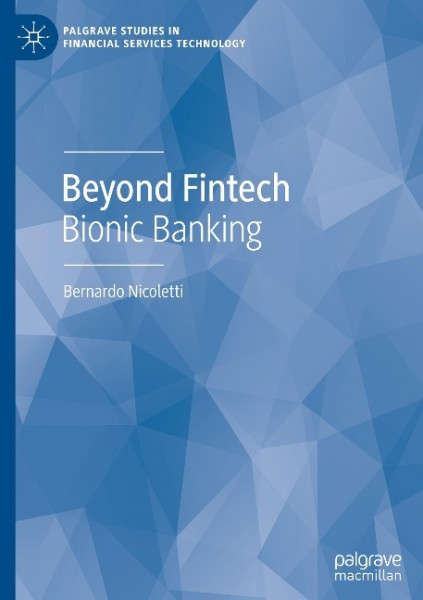
Beyond Fintech
Kurzinformation
inkl. MwSt. Versandinformationen
Artikel zZt. nicht lieferbar
Artikel zZt. nicht lieferbar

Beschreibung
Enterprise management theories about the so-called bionic organization currently face a significant funding gap. Bionic theories have been mainly applied to enterprise lifecycle because of the presence of similarities between economic organizations and organisms. The digital transformation has offered advancements in the bionics research field which enable us to discuss bionic organizations for the first time as business realities in which humans and machines, especially robotic process automation systems and artificial intelligence tools, cooperate in executing operations. This book determines how a bionic organization can be defined and what are its fundamental elements in the case of banking. Specifically, it investigates the two pillars of bionic enterprise which are technology and humans, as well as the core objectives and outcomes. In order to provide an exhaustive overview, the book proposes a new conceptualization of the business model of a bionic organization on the basis of the Business Model Canvas framework. Ultimately, the study of bionic organizations is aimed to discover also how they evolved in the post pandemic phase as a result of the disruptive events generated by the spread of the pandemic. The research on the book has been conducted through a qualitative and descriptive methodology with the intent to build further knowledge about the topic starting from the information available in literature. To provide actual evidence of the reality of bionic financial services, the book includes case studies. The organizations observed in the study have been selected since they present some of the key traits identified by the bionic enterprise theory. The book demonstrates that bionic enterprise theory can be further enriched with the conceptualization of a bionic business model in which the paradigm of collaboration between humans and machines is a recurring element. von Nicoletti, Bernardo
Produktdetails

So garantieren wir Dir zu jeder Zeit Premiumqualität.
Über den Autor
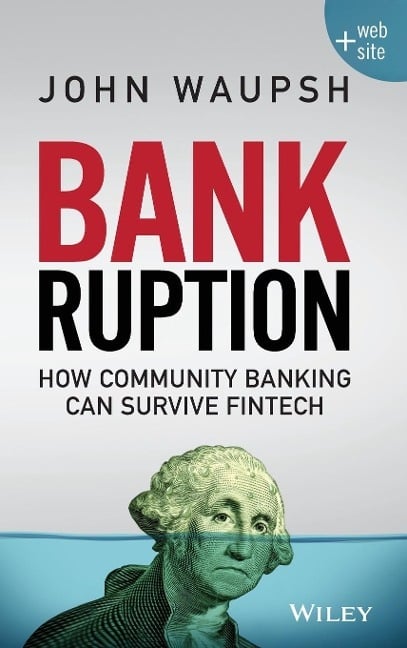
- Hardcover
- 320 Seiten
- Erschienen 2016
- Wiley
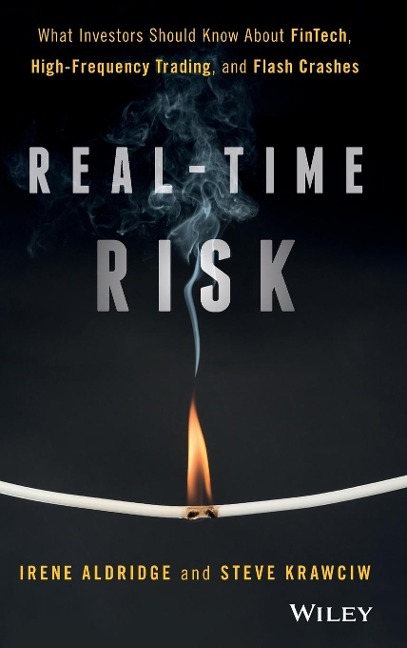
- Hardcover
- 224 Seiten
- Erschienen 2017
- John Wiley & Sons Inc

- Hardcover
- 328 Seiten
- Erschienen 2018
- Wiley
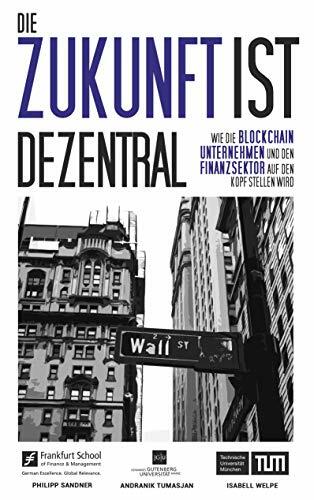
- Kartoniert
- 300 Seiten
- Erschienen 2020
- BoD – Books on Demand

- Gebunden
- 192 Seiten
- Erschienen 2009
- Wiley-Blackwell

- Kartoniert
- 319 Seiten
- Erschienen 2022
- Routledge
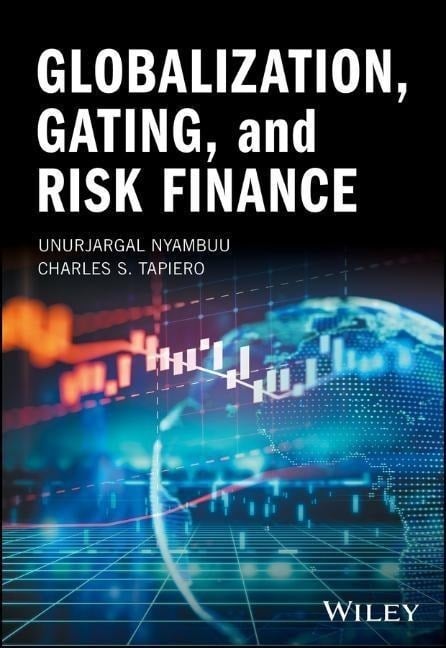
- Hardcover
- 496 Seiten
- Erschienen 2018
- Wiley

- hardcover
- 640 Seiten
- Erschienen 2003
- John Wiley & Sons

- Kartoniert
- 248 Seiten
- Erschienen 2023
- Springer Gabler

- Hardcover
- 268 Seiten
- Erschienen 2001
- Jai Press Inc.

- hardcover
- 364 Seiten
- Erschienen 1988
- Pearson

- paperback
- 340 Seiten
- Erschienen 2023
- Springer Gabler

- Gebunden
- 300 Seiten
- Erschienen 2016
- Wiley-VCH
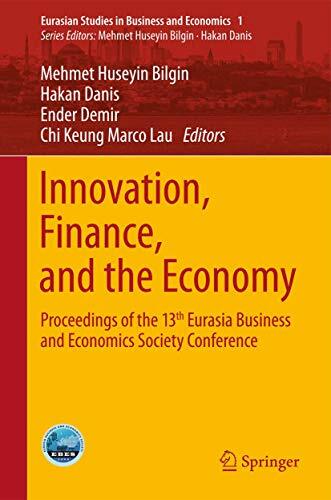
- Gebunden
- 252 Seiten
- Erschienen 2015
- Springer






